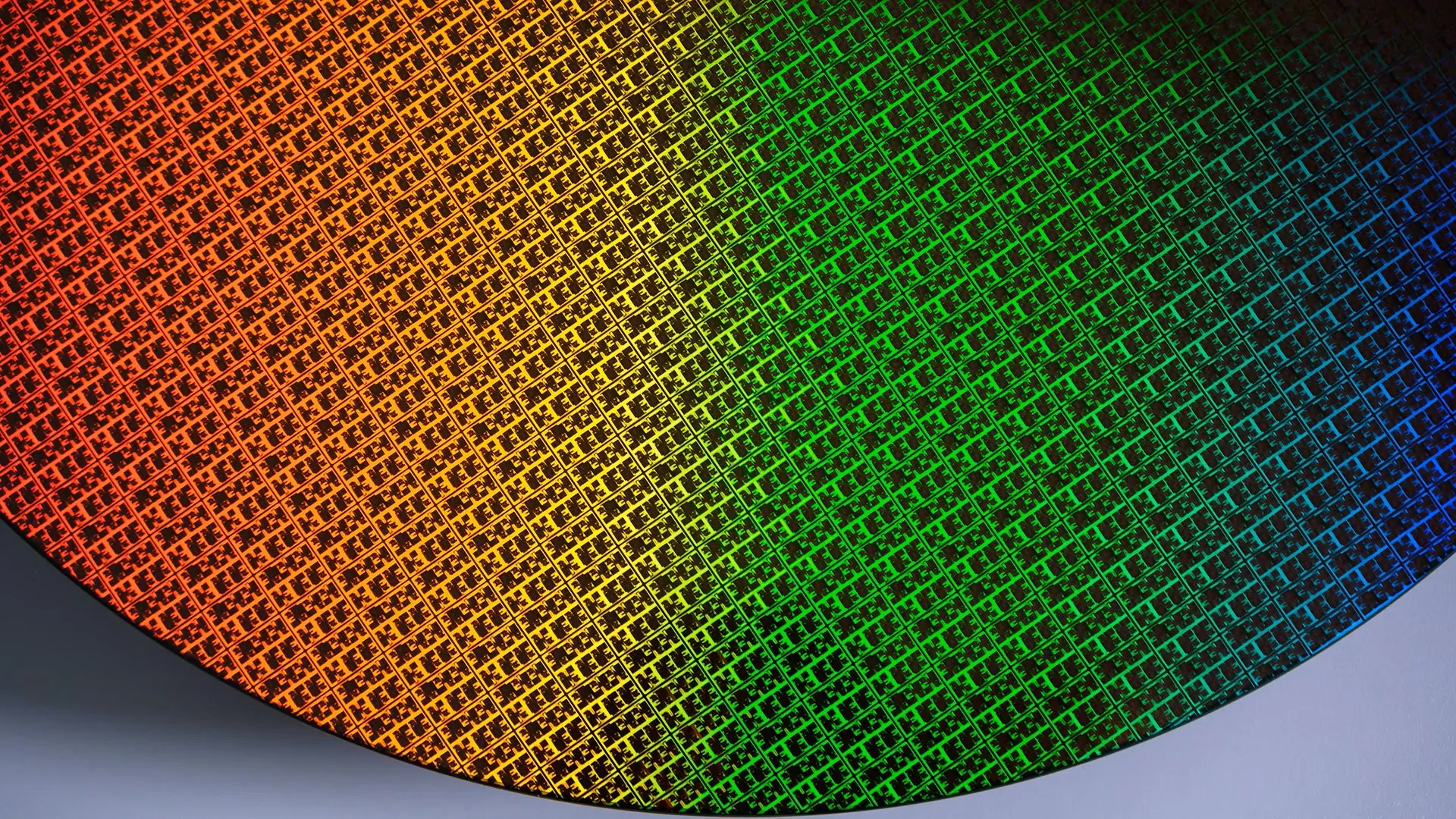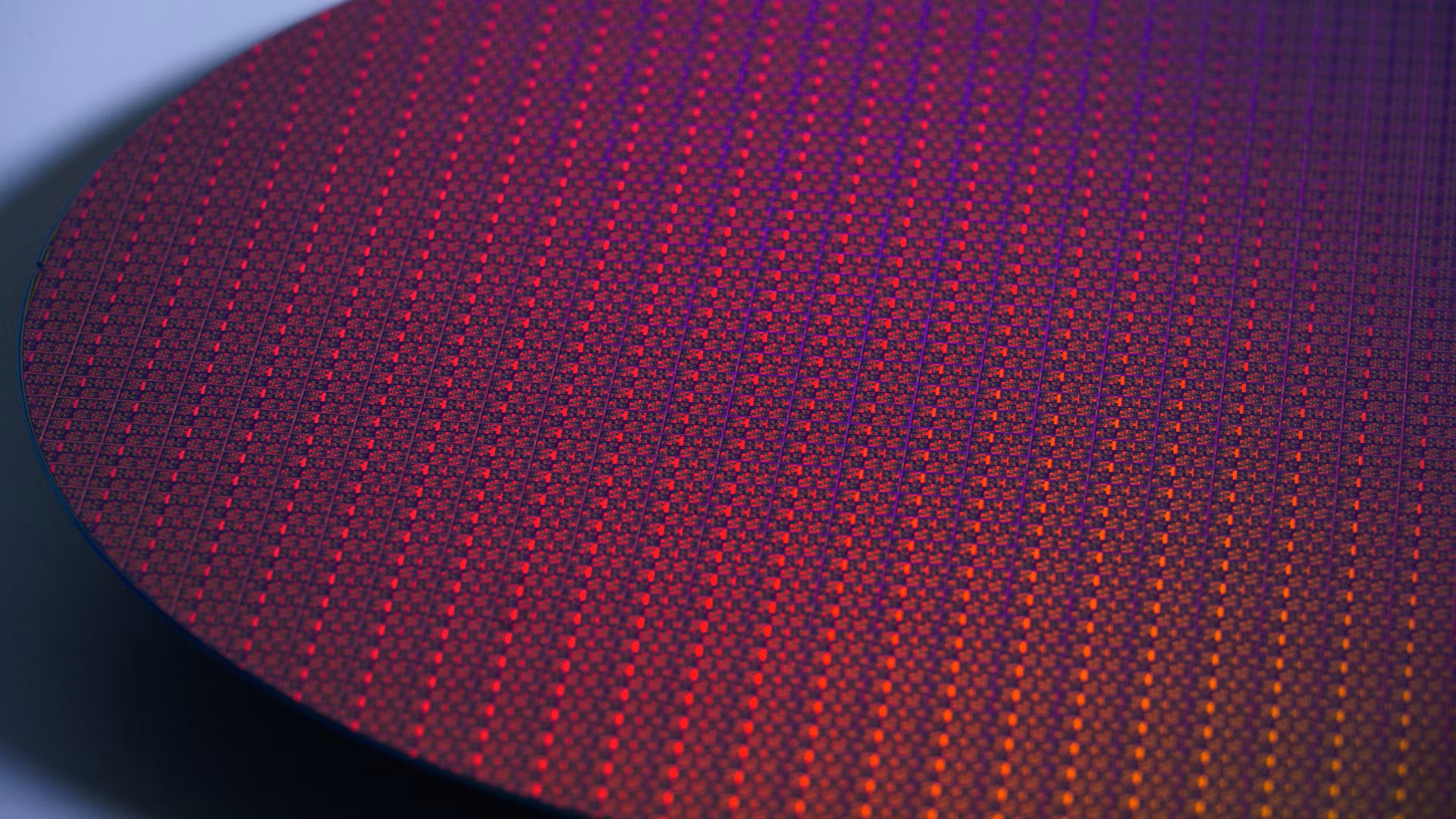
See Full Size
Disaster claim for Intel 18A
According to a report by South Korean media outlet Chosun, the yield rate of the 18A process only 10 percent at the level; So very roughly, if 100 chips were produced and only 10 of them are defect-free and usable. Very low yield rate from the company’s chip manufacturing unit Intel Foundry Services Although it is an unbelievable figure for (IFS), perhaps this is the “bitter truth” considering the unbelievable situation the company is in.
As you may remember, a few months ago BroadcomIt was claimed that it did not get the performance it expected from Intel Foundry Services. And now the report confirms Broadcom’s involvement in Intel canceled your orders and now claims to be looking for suitable alternatives. Additionally, IFS’s poor performance is cited as one of the reasons for the dismissal of Intel’s CEO, Pat Gelsinger. As it becomes increasingly clear that things are not going well for Intel Foundry, the possibility of this division being sold becomes increasingly stronger.
Competition with TSMC has become very difficult
See Full Size
When all this comes together, it becomes even more obvious why Intel prefers TSMC 3 nm instead of Intel 3 or even Intel 20A to produce the Compute part of the “Arrow Lake” processors and the SoC part of the “Lunar Lake”. Intel denied the 18A allegations in September and announced that “results beyond expectations” were achieved. The company even canceled the 20A process and will switch to 18A he said. The company will officially launch the 18A process in 2025, probably with the new generation “Clearwater Forest” server processors.
This news our mobile application Download using
You can read it whenever you want (even offline):





